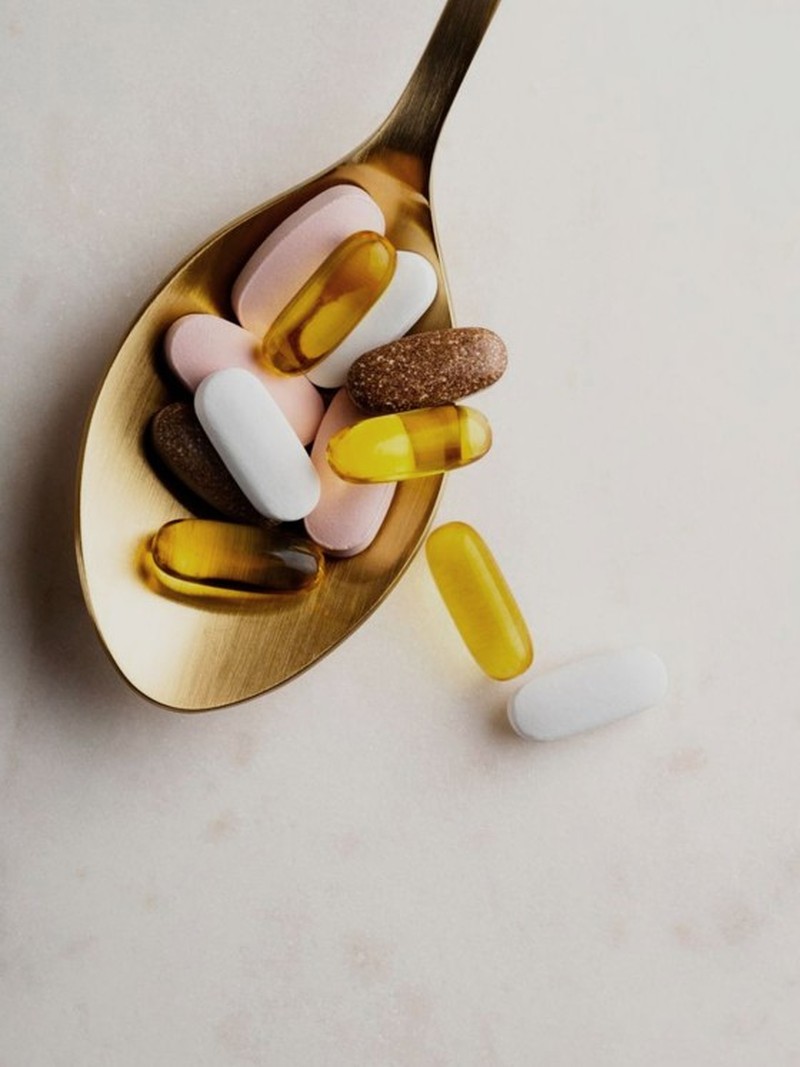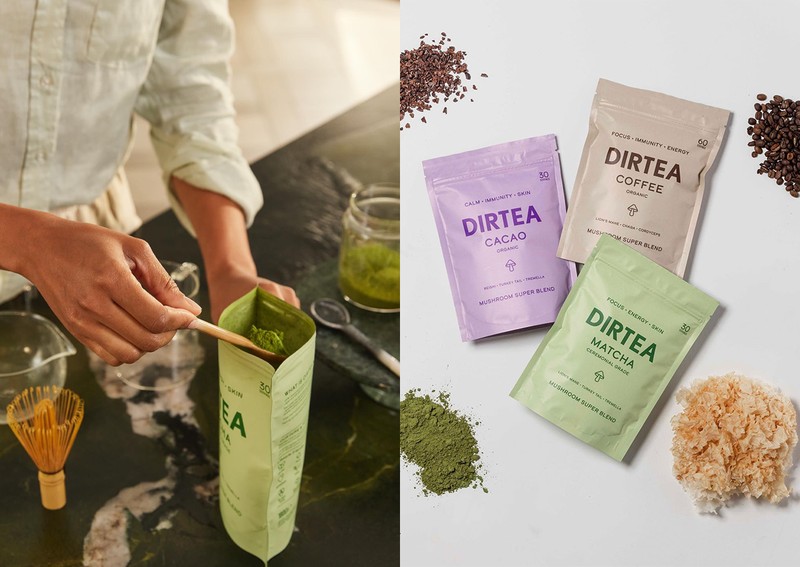A Holistic Nutritionist Shares The Supplements She Takes Daily
Probiotics aren’t a magic pill for better gut health. Supporting gut health is one of the most important things we can do to improve our health. However, I don’t recommend taking a probiotic supplement blindly. A probiotic supplement usually contains live bacteria, which not all people respond well to. For the most part, the best way to incorporate probiotics is through your diet, by eating unpasteurised fermented foods, such as live yoghurt, kefir and sauerkraut. Before taking a probiotic, it’s best to work with a practitioner to figure out which supplement, if any, is best suited to you.
There are other ways to nourish your microbiome. Prebiotics are different to probiotics in that they don’t contain live bacteria – instead they contain compounds that nourish the bacteria in your gut. The abundance of prebiotic foods means a supplement isn’t necessary – a varied, colourful, plant-rich diet is likely to offer everything you need. However, for rebuilding the gut environment, prebiotic supplements I rate are PHGG from Invivo, which is very gentle, and Erbology’s triphala powder, an Ayurvedic blend.
A bitter herb tincture can help sluggish digestion. Traditional digestive enzyme supplements can be incredibly useful aids when you aren’t digesting your food properly, but they aren’t a long-term solution. A natural option like a bitter herb tincture is a better option – I rate Nature’s Answer and Indigo Herbs tinctures, which naturally prompt the body to ramp up its digestive juice and enzyme production.
Electrolytes are great for energy. The first supplement I take for energy is electrolyte drops, or even a pinch of salt in a glass of water. Often, just drinking water isn’t enough. We need electrolytes – essential minerals – to be truly and effectively hydrated. A pinch of salt or a squeeze of electrolyte drops in a glass of water is a simple way to stay hydrated, especially if you are active. I also find it useful as a pick-me-up in the afternoon. Elete drops are great, but I also rate the ones from Trace Minerals and Viridian.
If you’re always tired, get your vitamin B levels tested. We need significant amounts of B vitamins for energy production, so if we’re lacking, energy levels will drop. Nutritional yeast is a great way to top up your levels in the form of a wholefood supplement – you can sprinkle it onto meals for a delicious, parmesan-like, savoury flavour. It’s also rich in beta glucans, a compound that supports gut and immune health.
We need more protein than we think. Insufficient protein intake is an issue I see a lot in my practice. While a protein supplement isn’t always necessary, it’s a simple and effective way to up your protein intake, which is useful if you don’t eat a lot of meat. If you can tolerate whey, it’s the most bioavailable source. I like The Organic Protein Company and Pink Sun for its pure, grass-fed, organic whey protein powders. If you’re vegan or dairy-free, it’s important to select a protein powder carefully as many on the market contain a lot of unnecessary ingredients. Some of my preferred brands include Vivo Life and Form. I take both a protein powder and collagen supplement – also a great source of protein – daily, whether training or not, to provide my body with healing amino acids for gut health and soft tissue recovery.
Collagen powder tends to be better than capsules. Collagen is a very useful supplement for recovery. I prefer bovine collagen peptides as they provide a blend of types 1 and 3 collagen, which supports both the gut and joint health. Marine collagen is more for healthy skin and hair. Chicken bone broth is also excellent for joints – you can make it yourself or buy in powder form. When it comes to collagen supplements, steer clear of capsules and choose a powder you can mix into food or drink. You need a dose of 10g to see a difference, and capsules just won’t cut it.
Your clean eating efforts might not be doing the trick. Due to depleted soil and poor-quality food, you may benefit from taking a multivitamin, even if your diet is balanced. A quality multivitamin can be a good way to stop the gaps, and my favourite brand for multis is Inessa. The brand is dedicated to sustainability and transparency, and its multivitamin is particularly high quality.
For immunity, I recommend a diet-first approach. Make sure you’re getting enough protein, zinc, selenium, and vitamins A, C, D and E from well-sourced animal foods and a diversity of plants. It’s also important for our immunity to get outside as much as possible, prioritise sleep and take care of our gut. For a boost – such as during flu season – I favour natural products like echinacea and elderberry, both of which have been shown to support a healthy immune response.
Medicinal mushrooms are my latest discovery. I work for DIRTEA and have recently started taking its tremella powder, and have noticed significant improvements in my skin. Reishi is great for sleep and anxiety, while lion’s mane can positively influence mood and cognition. I also recently started taking Viridian’s liquorice root, which influences cortisol metabolism and the stress response. Over the last few months, I’ve experienced remarkable changes in my resilience to stress. Cymbiotika is another brand on my radar – the products look amazing.
Many of us could benefit from taking omega 3. It’s a challenge to get enough from diet alone. The key with omega 3 is not just how much we consume, but its balance with omega 6. Our diets tend to be heavy on omega 6, which is found in grains, nuts, seeds and seed oils. Omega 3, on the other hand, is mostly found in cold-water fish like salmon, mackerel and sardines, which we tend to eat far less of. There are plant-based sources of omega 3, like walnuts, chia and flaxseeds, but the body struggles to convert these as efficiently, making animal sources far more effective. If we don’t balance omega 3 with omega 6, this can fuel inflammation. So, if you don’t eat a lot of cold-water fish, or if you’re vegan or vegetarian, an omega 3 supplement is a useful addition. Look for products that prioritise sustainability and contain at least 1000mg of DHA and EPA, the most bioactive forms of omega 3. I rate Inessa, BioCare and Bare Biology.
Hormones are complex. There are some incredibly powerful herbal supplements that can help regulate hormone balance, such as shilajit, chaste berry, black cohosh and tongkat ali, but they should always be used under the guidance of a practitioner. Among the lighter ones, maca root is an adaptogen considered to benefit hormone balance. If you want to optimise your hormones, start by making sure you’re eating sufficient protein and a nutrient-dense diet, address blood sugar balance, and optimise your circadian rhythm by spending plenty of time outdoors and exposing yourself to morning light.
The calming effects of CBD can last for up to five hours. I love CBD, although I’m very sensitive to it at night as it gives me crazy dreams. That’s certainly not the case for everyone though – usually people find it a useful sleep aid, and it can also help with feelings of stress and anxiety. In larger doses, it’s also useful for pain and inflammation. The effects last around five hours, so when taken in the morning it can reduce stress, and support sleep when taken in the evening. When looking for a brand, choose one that’s organic and full spectrum – I rate Truth Naturals.
I take magnesium glycinate every evening. Magnesium deficiency is common, and while there are many forms of the mineral, magnesium glycinate is well absorbed and helps with sleep. It’s particularly helpful if you struggle to fall asleep. If you wake in the night and can’t fall back asleep, L-theanine can be helpful. If I’ve had a particularly stressful day, a cup of reishi tea always helps. I notice a real improvement in my sleep quality after using it.
Quality matters. Bear in mind that supplements aren’t tightly regulated in the UK, and random sampling has shown discrepancies between what a label claims and the actual contents. Therefore, look at brands that offer third-party testing for an added level of assurance. Brands I use and recommend to clients include Seeking Health, Pure Encapsulations, Inessa, Cellcore and BodyBio. In an ideal world, read the label, and avoid supplements that contain synthetic fillers and binders – magnesium stearate and silicone dioxide are common culprits. Steer clear completely of supplements containing sugar (like gummies or sweetened liquids), artificial sweeteners (especially aspartame or sucralose) and seed oils like sunflower or rapeseed oil.
For more nutritional advice from Clarissa, visit ClarissaBerryHealth.com & follow @ClarissaBerryHealth.
SHOP CLARISSA’S EDIT HERE
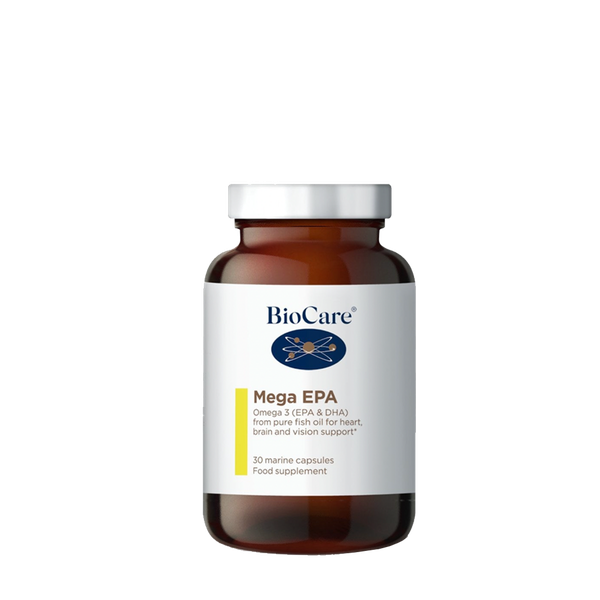
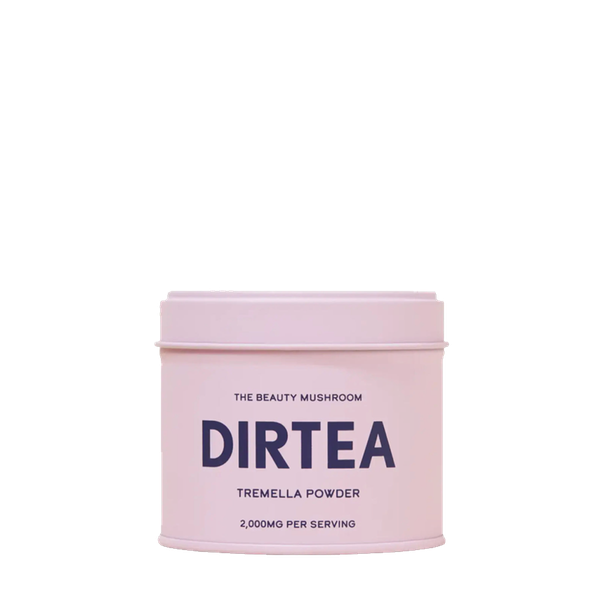
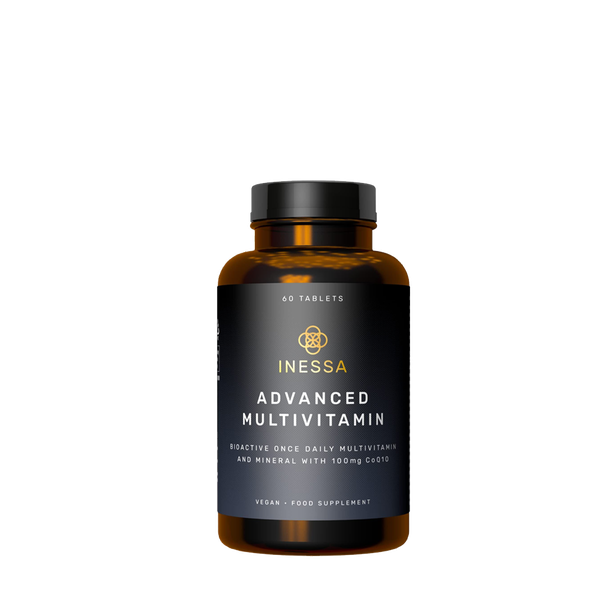
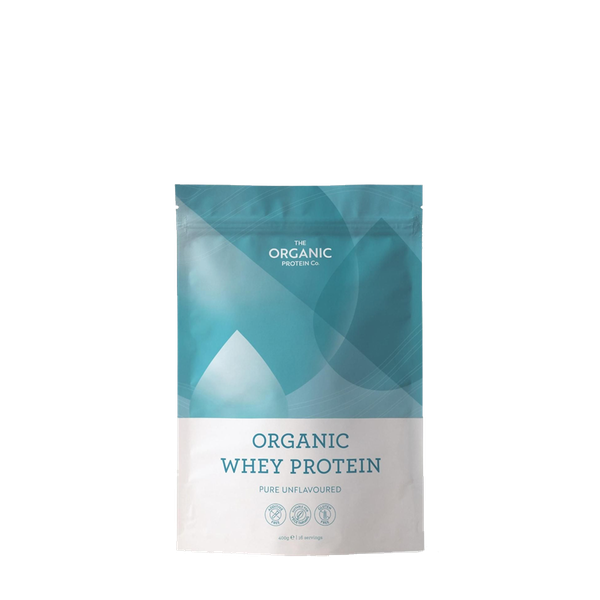
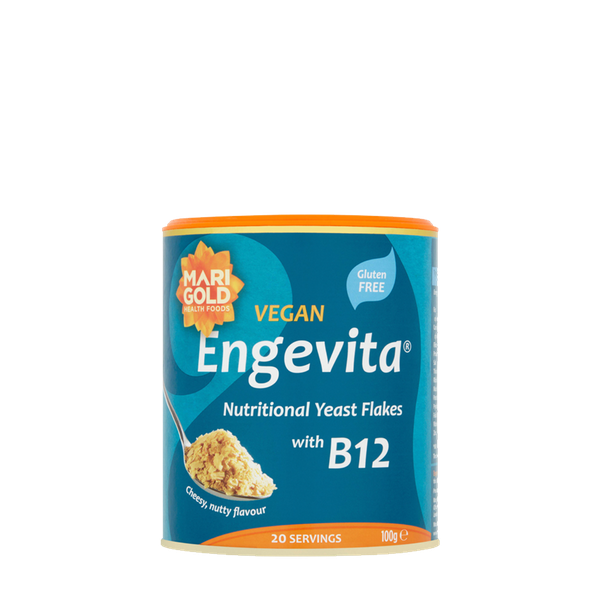
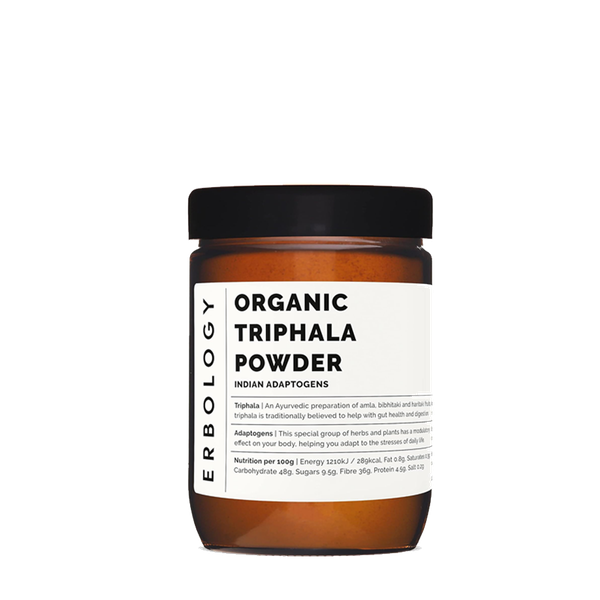
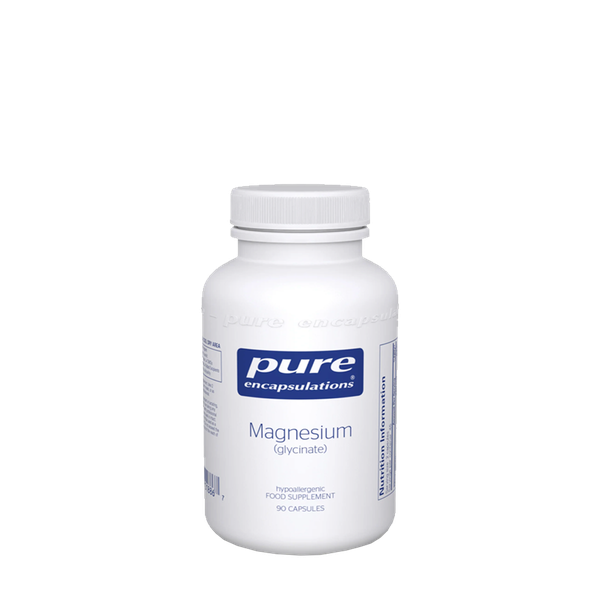
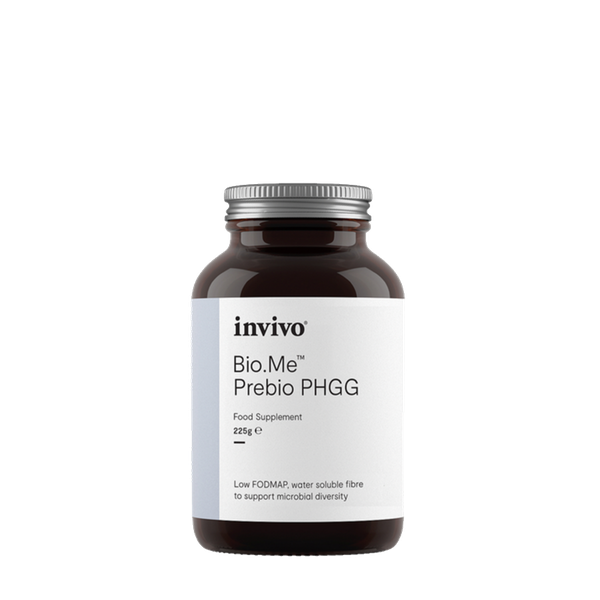
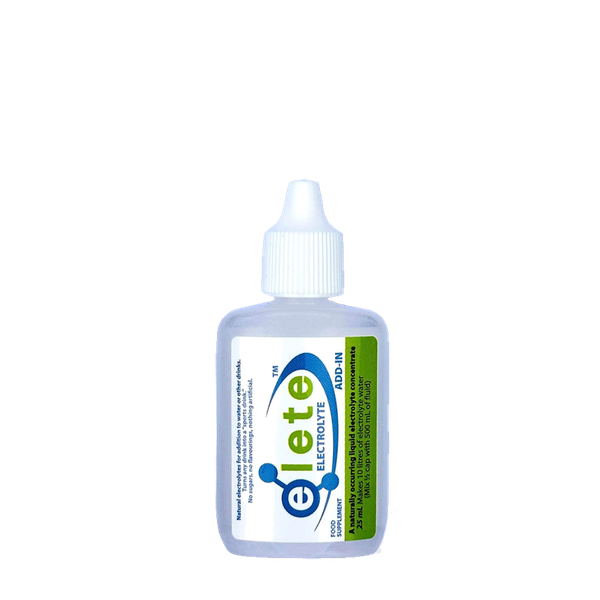
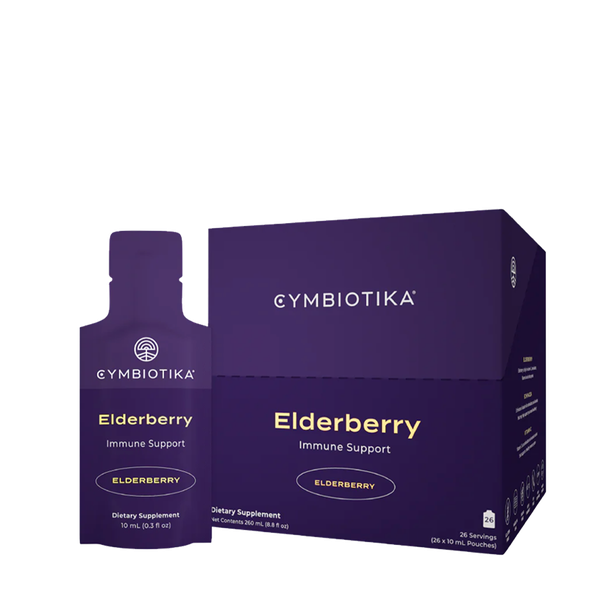
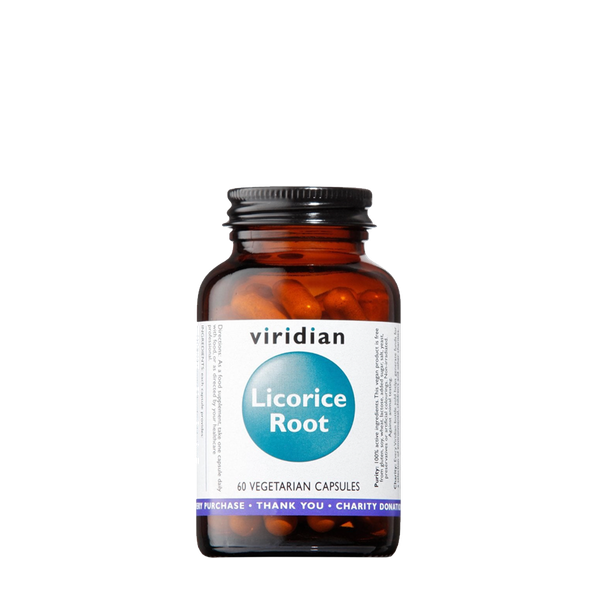
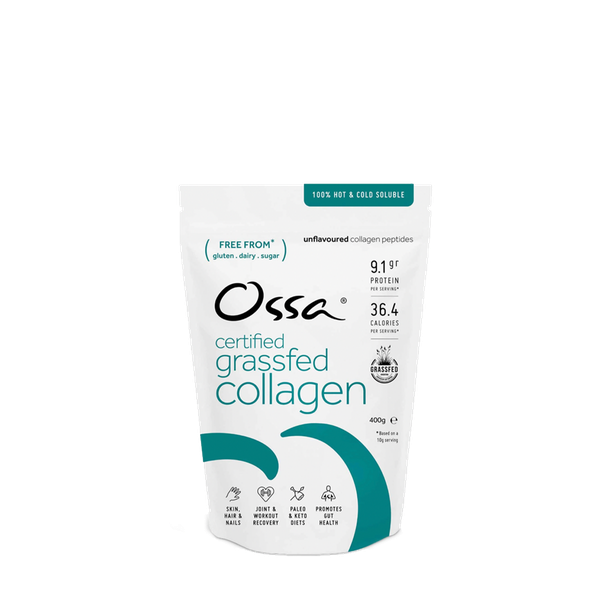
DISCLAIMER: Features published by SheerLuxe are not intended to treat, diagnose, cure or prevent any disease. Always seek the advice of your GP or another qualified healthcare provider for any questions you have regarding a medical condition, and before undertaking any diet, exercise or other health-related programme.
DISCLAIMER: We endeavour to always credit the correct original source of every image we use. If you think a credit may be incorrect, please contact us at info@sheerluxe.com.
